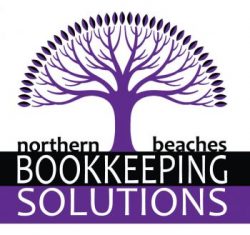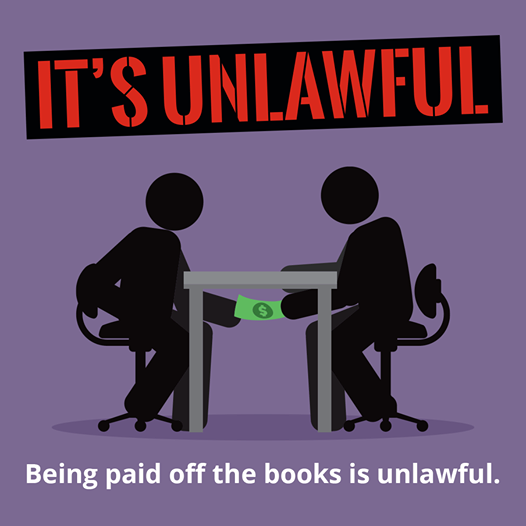Mar
16
With more Australians working from home, understanding what you can and can’t claim as tax deductions has become increasingly important. If you’ve been working from home, you may be eligible to claim certain expenses related to your home office setup. Here’s a comprehensive guide to claiming work-from-home tax deductions and maintaining accurate records.
What Expenses Can You Claim When Working from Home?
The Australian Taxation Office (ATO) allows employees and self-employed workers to claim specific expenses incurred while working from home. Eligible deductions include:
- Electricity and Gas: The cost of heating, cooling, and lighting your workspace.
- Phone and Internet: A percentage of your home phone and internet bills.
- Home Office Equipment: Items such as computers, printers, desks, and chairs. You can claim the full cost of items under $300 or depreciate higher-cost items over several years.
- Cleaning Expenses: The cost of cleaning your dedicated work area.
- Stationery and Office Supplies: Pens, paper, printer ink, and other consumables.
- Occupancy Expenses: For those who have a dedicated home office, a portion of rent, mortgage interest, and property insurance may be claimable.
Methods for Claiming Work-From-Home Deductions
The ATO provides three methods for claiming work-from-home expenses:
1. Fixed Rate Method
You can claim a fixed rate of 67 cents per hour for each hour worked from home. This rate covers expenses such as electricity, gas, phone, and internet. To use this method, you must keep a record of the hours worked and maintain receipts for other expenses not included in the fixed rate.
2. Actual Cost Method
Under the actual cost method, you calculate the exact costs of work-related expenses. This method requires detailed records, including receipts, bills, and a logbook of hours worked. It is ideal for those with higher work-related expenses or a dedicated home office space.
3. Shortcut Method (COVID-19 Period Only)
The shortcut method allows workers to claim 80 cents per hour worked from home during the COVID-19 pandemic. This method was introduced to simplify claims during lockdowns and remote work periods but may not apply to all claim periods.
Record-Keeping Requirements for Work-From-Home Expenses
To substantiate your work-from-home claims, you must keep accurate records, including:
- Receipts and Invoices: For purchases of equipment, furniture, and office supplies.
- Utility Bills: Electricity, gas, internet, and phone bills showing work-related usage.
- Logbooks: Records of hours worked from home, including start and end times.
- Mortgage or Rent Statements: If claiming occupancy expenses for a dedicated home office space.
Common Mistakes to Avoid When Claiming Work-From-Home Deductions
Avoid these common mistakes to ensure your claims are accurate and compliant with ATO guidelines:
- Overestimating Work Hours: Ensure your logbooks accurately reflect work hours and are based on actual work performed.
- Claiming Personal Expenses: Only work-related expenses are deductible. Personal expenses, such as Netflix subscriptions, are not claimable.
- Failing to Maintain Receipts: Keep all receipts and records for at least five years in case of an ATO audit.
- Mixing Business and Personal Use: If you use equipment or utilities for both personal and business purposes, only claim the work-related portion.
How to Maximise Your Work-From-Home Deductions
To maximise your deductions, consider the following strategies:
- Invest in Quality Office Equipment: Purchase items under $300 to claim the full cost upfront.
- Keep Detailed Records: Maintain a logbook of hours worked and receipts for all expenses.
- Use the Most Beneficial Method: Compare the fixed rate, actual cost, and shortcut methods to determine which provides the highest deduction.
- Consult a Bookkeeper: A professional bookkeeper can help you identify claimable expenses and avoid common errors.
Conclusion:
Working from home offers potential tax deductions for eligible expenses, but it’s essential to maintain accurate records and choose the right claim method. Whether you use the fixed rate, actual cost, or shortcut method, understanding the ATO’s guidelines ensures you maximise your deductions while staying compliant. For tailored advice, consult a bookkeeper or tax advisor who specialises in work-from-home claims.



